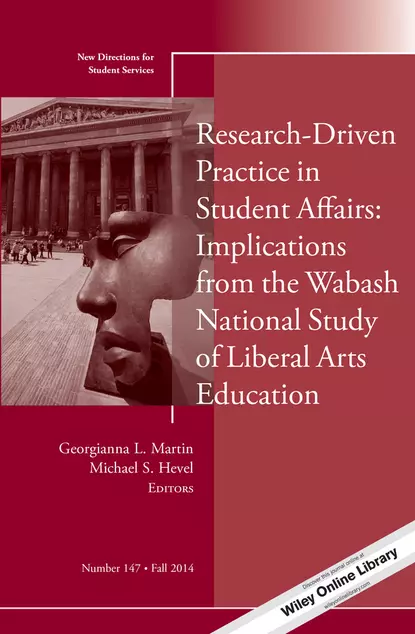Research-Driven Practice in Student Affairs: Implications from the Wabash National Study of Liberal Arts Education. New Directions for Student Services, Number 147

Поделись книгой!
Автор: Martin Georgianna L.
Издательство: John Wiley & Sons Limited
Категория: Зарубежная образовательная литература, Прочая образовательная литература
ISBN: 9781118979570
📓 As student affairs units face increasing pressure to use data and evidence to inform planning and decisions, the research related to higher education has become more complex and, in some cases, less accessible. This issue aims to bridge this gap by drawing implications for student affairs programs and practices from the results of the Wabash National Study of Liberal Arts Education, an investigation that followed thousands of college students at more than 50 colleges and universities. The authors identify research-based ways that student affairs practitioners can facilitate educational outcomes, including critical thinking, moral reasoning, and intercultural competence, while being sensitive to the needs of specific populations of students. This is the 147th volume of this Jossey-Bass higher education quarterly series. An indispensable resource for vice presidents of student affairs, deans of students, student counselors, and other student services professionals, New Directions for Student Services offers guidelines and programs for aiding students in their total development: emotional, social, physical, and intellectual.
Мнения